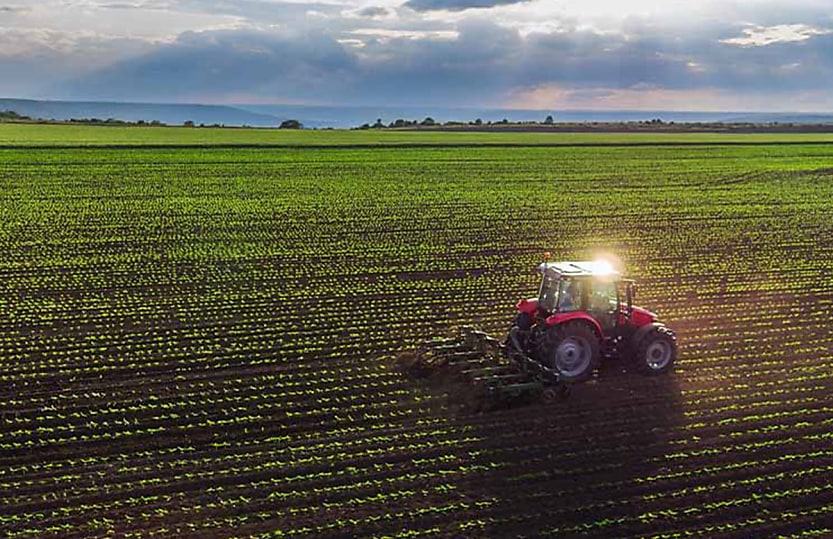Claiming R&D activities can boost agrifood sector: RSM Australia

RSM Australia has encouraged agrifood businesses to claim their research and development activities under the research and development tax incentive to help drive innovation and technology in the sector.
The research and development tax incentive (RDTI) can provide vital support for advancing technology in Australian agriculture by enabling companies to engage in high-value research activities to drive innovation, according to RSM Australia.
The agrifood system encompasses all areas related to the input, production, processing, distribution, consumption and disposal of food around the world.
RDTI can provide agrifood businesses substantial tax relief in the form of a tax offset, providing an 8.5 per cent to 18.5 per cent benefit from each dollar spent on eligible research and development (R&D).
According to RSM, there is also a potential cash refund of up to 48.5 per cent in cases where a company has tax losses, which is dependent on a company’s aggregated turnover.
An agrifood business needs to be undertaking at least one R&D ‘eligible core activity’ for the purpose of the RDTI, the accounting firm explained.
These core activities are defined as “experimental activities whose outcomes cannot be known in advance, that can only be determined by applying a systematic progression of work based on principles of established science and for the purpose of generating new knowledge”.
Core activities include the development of new or improved agrichemicals, development of new farming practices, using improved agrichemicals and the development of new or improved technologies.
Businesses may also claim RDTI through expenditure in areas surrounding the eligible R&D activities, such as staff salaries, consumables, contractor costs, overhead costs and depreciation of assets.
RSM outlined that it is important for businesses to clearly define the costs of R&D activities are not associated with the ‘regular activities’ of the businesses if wanting to claim the RDTI.
“Distinguishing between R&D and ‘business as usual’ activities continue to be a significant focus of the ATO and AusIndustry within the agriculture industry, as articulated in Taxpayer Alert 2017/4,” the company said.
“In light of this focus, it is imperative that businesses within the agrifood industry correctly scope R&D activities such that the registered activities, as well as the associated claimed expenditure, do not relate to regular agriculture activities and are for the core purpose of generating new knowledge through experimentation.”
RSM said the RDTI program offers a great opportunity for agrifood businesses to reduce the costs of eligible research and development activities.
“It is important to consider key legislative provisions and industry guidance materials relevant to the agrifood industry in order to prepare a strong and defensible claim that meets the RDTI program criteria and reduces the risk of non-compliance.”
Agrifood businesses also need to consider public and private sector funding when wanting to claim the RDTI.
“The nature of R&D with the agrifood sector lends itself to collaboration with and investment from both public and private sectors,” RSM said.
“As such, several funding opportunities are available to agrifood businesses seeking to conduct research and development activities.”
RSM said a renewed focus on R&D activities and potential tax claims can aid in increasing production efficiency, minimising environmental impacts, reducing energy use and minimising waste sources within the sector.






